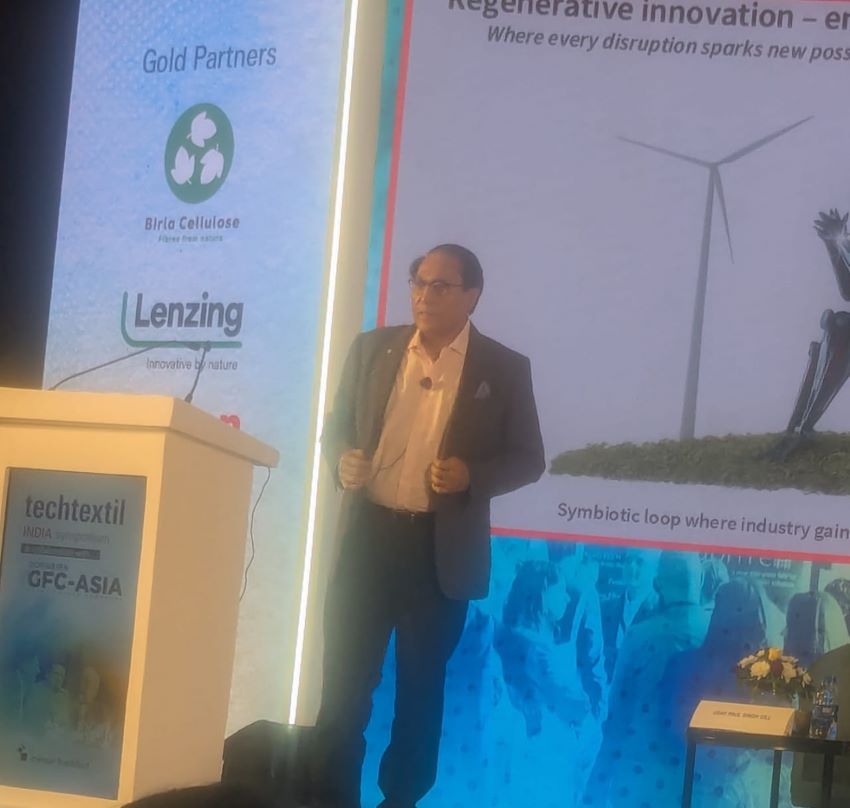Commissioned by the Bangladesh Garment Manufacturers and Exporters Association, (BGMEA), a new Pwreport urges Bangladesh to develop the required ecosystem to enhance competitiveness in MMF products. It emphasises the importance of positioning Bangladesh as a supplier of value-added MMF-based products for key markets such as the EU, US, UK, Japan, and South Korea.
Conducted by Public Works Commission /(PwC), the report projects, around 60 per cent of ready-made garments (RMG) designated for global exports will be made from man-made fibers (MMF) by 2030.
Titled ‘From Shirts to Shores: Blueprint for Bangladesh RMG Industry,’ the report forecasts global garment exports will rise to $1,121 billion by 2030, from $953 billion in 2022.
Faruque Hassan, President, BGMEA, emphasises, it is important to navigate challenges and seize opportunities in the global RMG exports. He urges stakeholders to enter into more collaborations with industry leaders for effective implementation of the outlined strategies.
As reported by the Daily Star, the findings of the report indicate, MMF and MMF-rich items accounted for a significant portion of Bangladesh’s total garment exports in 2022, with exports to China, Vietnam, and Italy leading.. However, Bangladesh's share in segments like activewear, swimwear, jackets, suits, and blazers remained relatively modest.
The study recommends the establishment of an investor-friendly framework by Bangladesh to access external commercial debt and foreign direct investment. The framework should have clear guidelines on loan terms, interest rates, collateral requirements, and an expedited approval process for specific projects to attract more external borrowings, adds the report.
To boost its garment exports to $100 billion by 2030, Bangladesh needs to improve its customs, ports, and bonds services, opines the report. It also needs to diversity exports to newer destinations such as India, Japan, China, South Korea, etc, the report adds.
In addition, the study recommends embracing automation, digitalisation, resource-efficient technologies, and circularity to foster sustainability in Bangladesh's textile and apparel sector. Hassan underscores the importance of research-driven strategies to maintain competitiveness amid evolving global dynamics.
Supported by the International Finance Corporation (IFC), the study led to the launch of additional reports by BGMEA to establish a virtual marketplace platform for the RMG sector and promote fiber diversification in Bangladesh's apparel industry.












